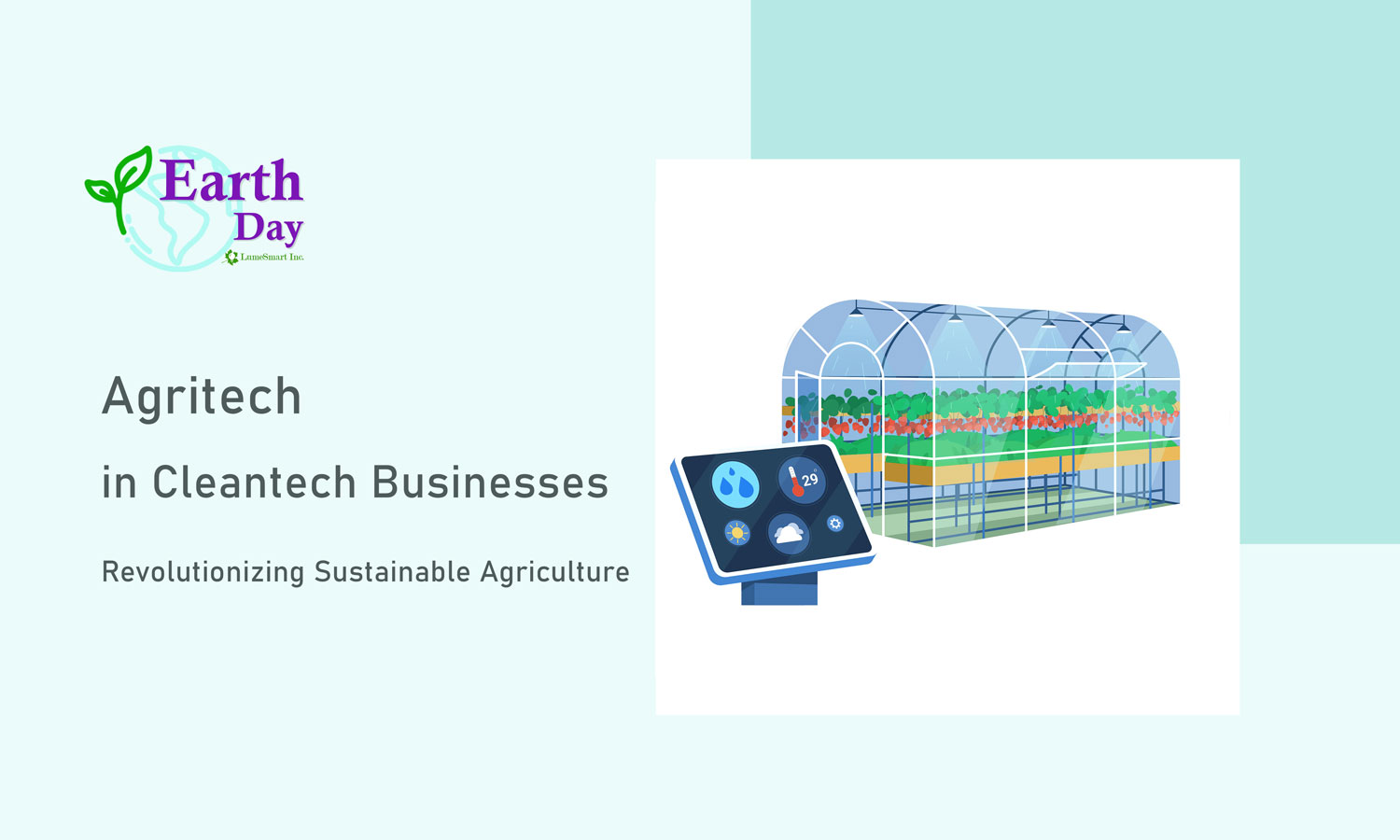In recent years, the intersection between agriculture and technology, known as agritech, has gained significant attention as a driving force behind sustainable practices in the agricultural industry. With the rising global demand for food and the urgent need to address climate change, cleantech businesses are increasingly turning to agritech solutions to maximize productivity while minimizing environmental impact. This article explores the role of agritech in cleantech businesses, highlighting how technological advancements are transforming traditional farming methods and revolutionizing sustainable agriculture.
1. Precision Farming:
Precision farming is at the forefront of agritech innovations adopted by cleantech businesses. By leveraging technologies such as sensors, drones, and GPS tracking systems, farmers can precisely monitor and optimize various factors that affect crop growth, including irrigation, nutrient application, and pest control. These data-driven approaches enable farmers to minimize resource wastage, reduce chemical usage, and improve overall efficiency, resulting in higher yields and lower environmental footprints.
2. Vertical Farming and Controlled Environment Agriculture (CEA):
Vertical farming and controlled environment agriculture (CEA) represent novel approaches to sustainable food production. By utilizing indoor farming techniques such as hydroponics, aeroponics, and aquaponics, cleantech businesses can cultivate crops in vertically stacked layers or enclosed environments. These systems offer numerous advantages, including year-round cultivation, reduced water consumption, elimination of pesticides, and optimize resource utilization. Agritech plays a crucial role in providing the necessary automation, sensing, and monitoring technologies that enable efficient and scalable vertical farming operations.
3. Smart Irrigation and Water Managemen:
Water scarcity is a pressing issue in agriculture, making it essential for cleantech businesses to adopt smart irrigation and water management systems. Agritech solutions like soil moisture sensors, weather forecasting, and data analytics provide real-time insights on soil conditions, water requirements, and crop health. By implementing precision irrigation methods based on these insights, farmers can minimize water usage and prevent over-irrigation, leading to significant water savings and improved irrigation efficiency.
4. Crop Monitoring and Disease Management:
Agritech offers advanced crop monitoring and disease management solutions that enable early detection and prevention of pests, diseases, and weeds. Cleantech businesses can use remote sensing technologies, satellite imagery, and machine learning algorithms to monitor crop health, identify stress factors, and predict potential outbreaks. This proactive approach facilitates targeted interventions, reducing the reliance on chemical pesticides and minimising environmental harm while maintaining crop yield and quality.
5. Sustainable Supply Chain Management:
Agritech also plays a vital role in improving the sustainability of agricultural supply chains. Through the use of blockchain technology, farmers, retailers, and consumers can have transparent and traceable information about the origin, production practices, and certification of agricultural products. This transparency fosters trust, supports fair trade practices, reduces food waste, and promotes ethical sourcing, contributing to a more sustainable and environmentally conscious agriculture industry.





